Rabbits are known as grazers. They love munching on fresh grass, hay and green leafy veggies are a rabbit’s go-to snack. Being a part of the “Green Leafy Vegetable Family” mint is safe for rabbits to eat. Bunnies can consume all parts of the mint plant, except for the roots. However, you will be amazed to know the benefits that mint can provide to your furry one.
A leaf of mint is packed with balanced proteins, minerals, carbohydrates, and vitamins. It is rich in vitamin A, potassium, and iron. These nutrients present in mint can boost your furry one’s immunity. Mint also plays a key role in the functioning of a rabbit’s digestive system. If your bunny is suffering from a bloated stomach or diarrhea, then mint is the cure! The herb is low in oxalic acid which makes it safe for your bunny to consume it daily.
Mint can be an excellent source of anti-oxidants. The presence of anti-oxidants creates a protective shield for your bunny body that can fight any infection. It also reduces the risk of your furry one getting affected by any chronic or life-threatening disease. Mint is like a superhero food for your furry baby!
Bunnies can consume mint but in moderation. Your bunny should consume only two to three leaves. Excess of mint can cause gastrointestinal problems in rabbits. Their diet must mainly include fresh grass and hay. Fruits and other vegetables should just be a smaller part of their diet. Other fruits and vegetables in their diet act as their supplement.
When should I not feed mint to my rabbit? The herb is known to dry up a rabbit’s milk. If your bunny is nursing you should keep her away from mint leaves. Parsley, sage, and other leafy vegetables from the mint family must also be kept away. However, feeding mint to a nursing bunny helps in the weaning process. Baby bunnies being weaned are at the risk of developing mastitis, but the milk-drying effect provided by mint plants can prevent this condition.
#AdditionalFact - Mastitis is an infection of the mammary tissue. Baby bunnies are at a higher risk of this infection at the time of weaning.
Mostly, bunnies are not allergic to mint. A rabbit being allergic to mint is a rare condition. To be on the safer side you can start by including one mint leaf in his or her meal. If your bunny shows any adverse reaction to mint, you must take him or her to the vet. The method of slowly introducing your bunny to a new food will help his or her digestive system adapt to the new food and not have severe reactions. After all, their health is our top priority!







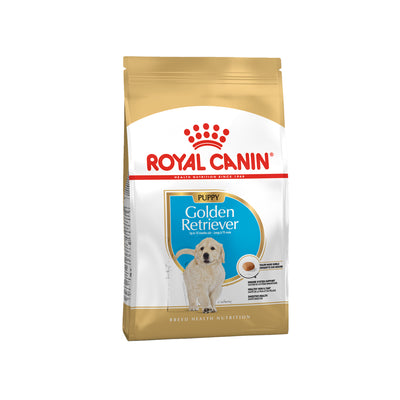
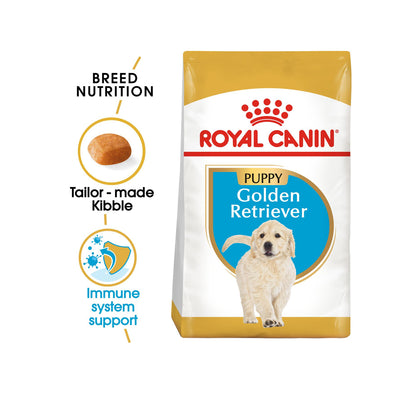
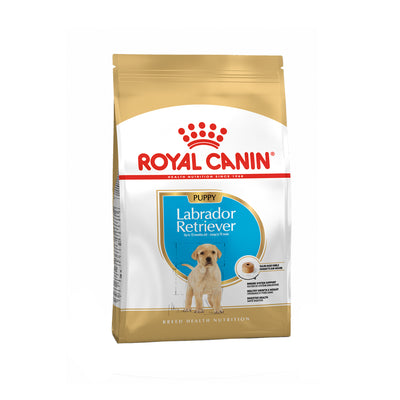

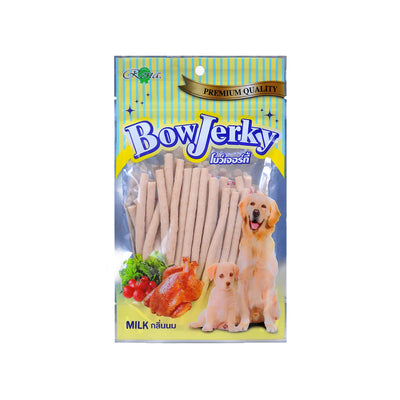
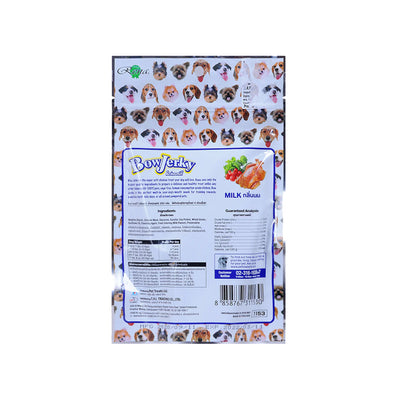

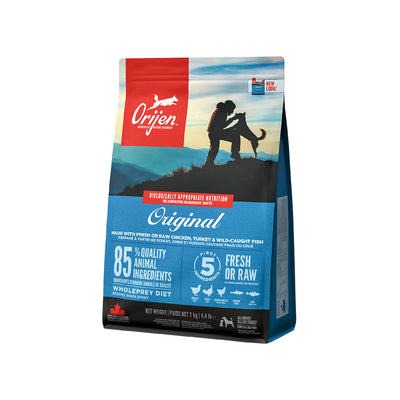
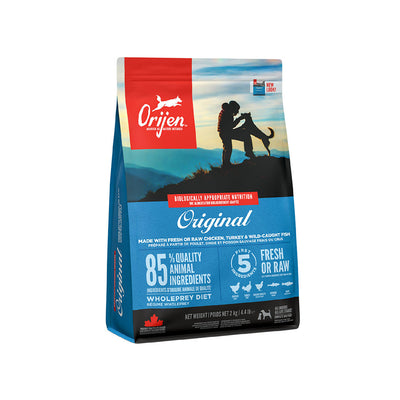


![5 Fun Facts About [Popular Pet Breed]](http://www.petkonnect.in/cdn/shop/articles/5_Fun_Facts_About_Dog_Pet_Breeds.png?v=1716969117&width=400)


